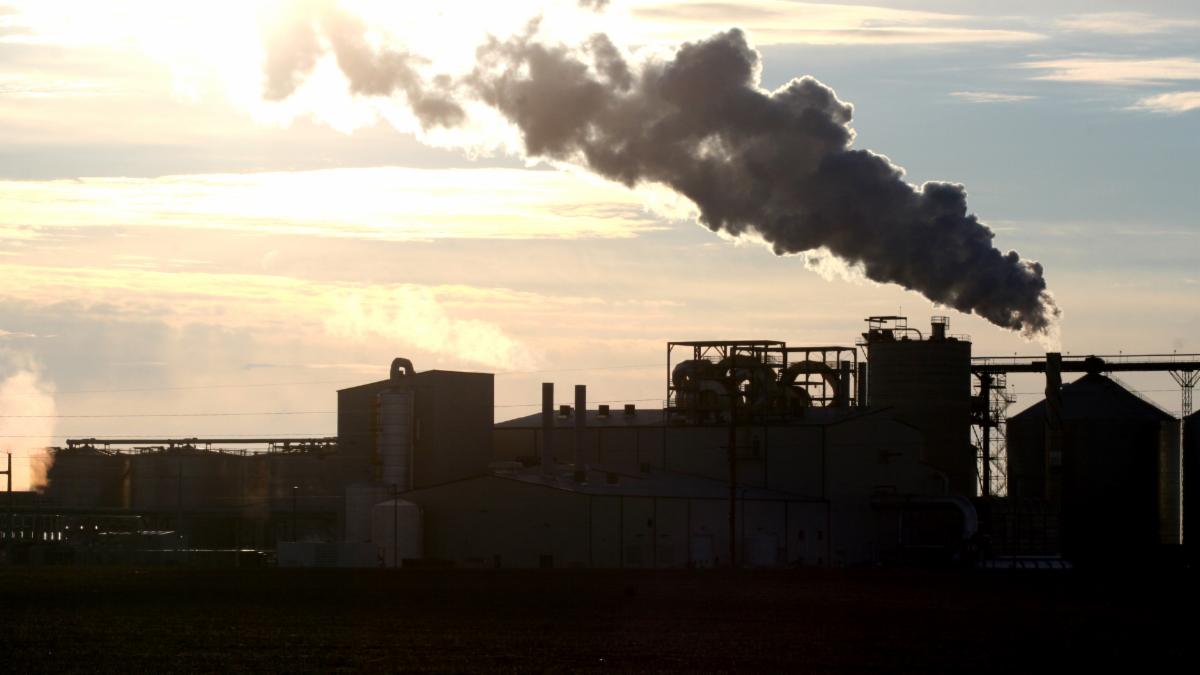
26 Mar Ethanol For Hand Sanitizers
Ethanol is a great biocide, disinfecting agent and there is a process of facility evaluation and product evaluation, as well as registrations, that are necessary in order to utilize ethanol for these non-fuel applications.
There are two major regulations that must be adhered to in support of manufacturing ethanol for hand sanitizer applications: Alcohol Tobacco Tax and Trade Bureau and Food and Drug Administration requirements. These two regulations are equally important and limit the formulas for use by novel hand sanitizer manufacturers to the World Health Organization, Guide to Local Production: WHO- recommended Handrub Formulations.[i]
Alcohol Tobacco Tax and Trade Bureau (TTB)
On March 18, 2020, TTB released Public Guidance on the Production of Hand Sanitizer to Address the COVID-19 Pandemic.[ii] TTB is exempting Alcohol Fuel Plants (AFPs) and Distilled Spirits Plants (DSP) from additional permit and bond requirements to manufacture hand sanitizer.[iii] While this is a step in the right direction, TTB did not exempt the tax liability associated with the use of ethanol in this application. Ethanol used in hand sanitizing manufacturing are both undenatured ethanol and Specially Denatured Alcohols (SDA). TTB formulas for biocide and disinfectant applications are identified the allowable formulas in 27CFR21.141.
- Specially Denatured Alcohols (SDA) used in hand sanitizer applications are not subject to Federal excise tax.
- Undenatured ethanol used in hand sanitizer applications are subject to Federal excise tax.
- The Hand Sanitizer must be made according to the World Health Organization (WHO) guidance.
Food and Drug Administration (FDA)
On March 20, 2020, FDA has released two guidance documents on the production of alcohol-based hand sanitizer to protect public health.[iv][v] The temporary policy for production of alcohol based hand sanitizers provides the necessary details for ethanol quality, manufacturing conditions and ingredients. According to FDA, ethanol in hand sanitizer applications is the “active ingredient” in the product and treated as such in the regulations for the product and the production facility. The grade of ethanol required for this application is USP (United States Pharmacopeia) or Food Chemical Codex (FCC.).
- The Hand Sanitizer must be made according to the World Health Organization (WHO) guidance.
- The ethanol used in the hand sanitizer production must meet the United States Pharmacopoeia (USP) or Food Chemical Codex (FCC) for purity and is not less than 94.9% by volume.
The product and the manufacturing facility must follow Active Pharmaceutical Ingredient Good Manufacturing Practices, “Good Manufacturing Practice Guidance for Active Pharmaceutical Ingredients.” Remember that the food GMPs implemented by ethanol facilities under the Food Safety Modernization Act (FSMA) are located at 21CFR117; the Active Pharmaceutical Ingredient requirements are more stringent than the food manufacturing requirements. FDA has outlined the necessary requirements in their guidance documents.
FDA has provided guidance for the manufacturers of hand sanitizers that they must be registered and abide by USP/ TTB/ FDA requirements.
Another area of consideration before taking on this endeavor is to contact your insurance carrier to ensure coverage of ethanol in a new application.
Here are some helpful links:
World Health Organization bulletin on “Handrub Formulations”:
TTB Permitting discussion:
TTB SDA Formula list:
FDA Good Manufacturing Practice for Active Pharmaceutical Ingredients:

